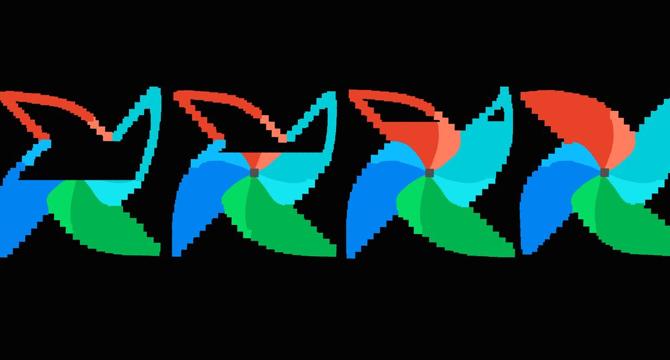IEEE Spectrum
3w
56

Image Credit: IEEE Spectrum
Airbnb’s Dying Software Gets a Second Life
- Vikram Koka discovered a stagnant Apache Airflow project in late 2019, sparking his journey to revitalize the software initially developed by Airbnb for data-related workflows.
- Airflow transitioned to a Top-Level Project at Apache Software Foundation, but faced stagnation with flat downloads and lack of updates.
- Koka was attracted to Airflow's 'configuration as code' principle and its ability to manage tasks through directed acyclic graphs coded in Python.
- After a year of efforts, Airflow 2.0 was released, marking a pivotal moment for the project's growth and adoption by enterprises.
- Airflow 3.0 introduced a modular architecture and enhanced features, leading to a significant increase in downloads and community engagement.
- The project now has over 3,000 global developers contributing, with an average of 35 to 40 million downloads monthly.
- Future plans for Airflow include supporting tasks in various programming languages and enhancing capabilities for AI and machine learning workflows.
- The team strives to nurture a diverse community of contributors and users, emphasizing gradual involvement and constructive feedback.
- Airflow's role in machine learning operations and generative AI is on the rise, positioning it as a critical foundation for AI and ML workloads.
Read Full Article
3 Likes
For uninterrupted reading, download the app